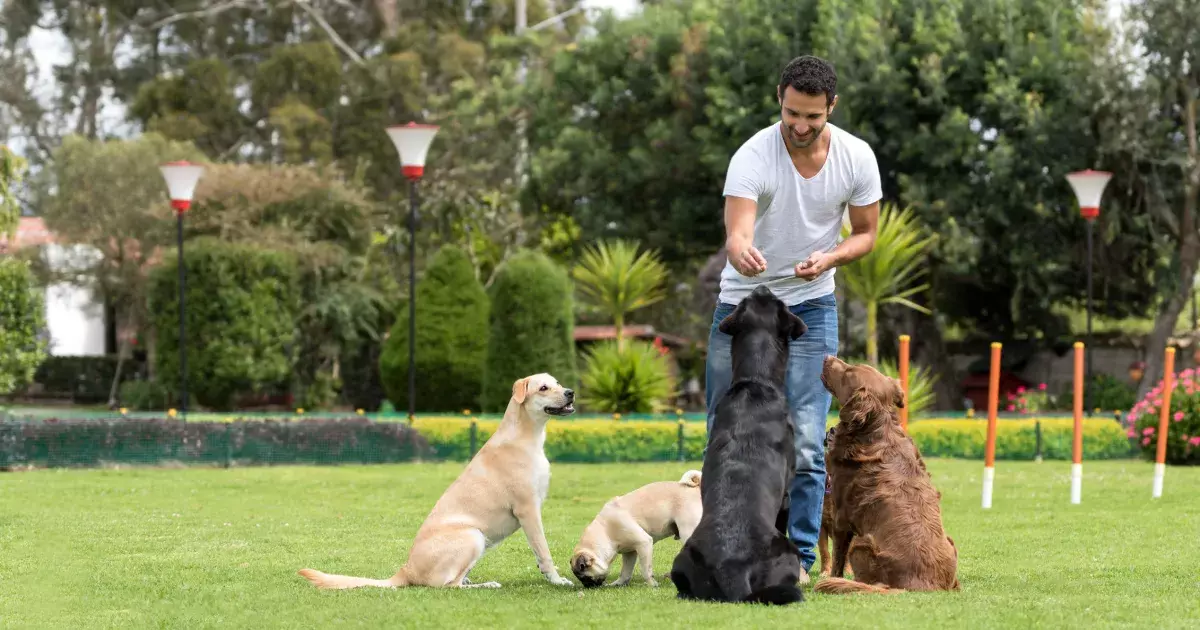When it comes to nurturing a positive relationship between you and your dog, effective training is essential. A skilled dog trainer not only teaches basic commands but also addresses complex behavioral issues such as aggression, anxiety, and more. However, the challenge lies in finding the right trainer—one whose methods are humane and whose credentials are solid. Here’s an in-depth look at how to identify and choose the best dog trainer to suit your and your canine companion’s needs.
Unlike many professions, dog training is not a regulated field. This opens the door for anyone to claim proficiency in canine behavior, which can be daunting for pet owners seeking genuine expertise. Therefore, due diligence is necessary. Recommendations from trusted sources such as veterinarians, reputable breeders, or local shelters are invaluable. Additionally, connecting with fellow dog owners for their insights can provide useful leads.
Another resource is the Association of Pet Dog Trainers (APDT). This organization encourages humane training methods and staying informed on training innovations, although it does not vet its members. Therefore, while searching through its directory can yield potential trainers, additional verification is still required.
Once you have a shortlist of potential trainers, it’s time to evaluate their qualifications and methods. A hallmark of a good trainer is the use of positive reinforcement techniques, which include treats, praise, and games. These methods have been proven to be more effective and humane compared to aversive tactics like leash jerking or physical corrections. Observing how a trainer interacts with dogs can provide insights into their approach.
Education and experience should also be prioritized. While formal credentials are not mandatory, a trainer with a solid background in canine behavior science will be better equipped to tackle various training scenarios. During your vetting process, inquire about their experience with various breeds and behavioral issues to ensure they can address your dog’s specific needs.
An often-overlooked quality in dog trainers is the ability to communicate effectively—not just with dogs, but also with you, the owner. Since you will learn alongside your dog, it’s crucial that the trainer possesses good human communication skills. They should clearly explain their methods and provide you with feedback, ensuring you understand how to implement the training techniques at home.
Another consideration is whether the trainer specializes in specific behavioral issues. If you are grappling with aggression or separation anxiety, find someone who has a successful track record in these areas. It’s beneficial to ask the trainer about past experiences dealing with similar problems.
Cost can often influence the decision between group classes and private lessons. Group lessons typically range from $20 to $25 per session, while private sessions can vary widely—from $40 to $250, depending on location and trainer experience. While private training may seem appealing for customized attention, group classes can offer several advantages.
Group lessons provide a setting where your dog can socialize with other dogs and people. This experience is crucial for building their confidence and social skills. Moreover, observing other participants learn can enhance your understanding of training techniques, which can be especially beneficial for novice owners. Despite the cost, group classes often yield better overall results for typical training needs.
However, circumstances may warrant private sessions—especially if your dog exhibits significant behavioral challenges, such as severe anxiety. In such cases, a more individualized approach allows the trainer to tailor a specific plan based on your dog’s unique characteristics.
Regardless of the type of training you choose, observing a trainer’s methods before committing is advisable. Requesting to sit in on a class or arranging a consultation can provide a clearer picture of how they work. Pay attention to their interactions with both dog and owner, as this can be a significant indicator of their competency.
The quest for finding a competent dog trainer requires careful consideration and research. A well-trained dog can enhance the quality of life for both the pet and the owner, making the commitment to find the right training vital. With the proper guidance, you’ll be well on your way to enjoying a harmonious relationship with your furry friend.

